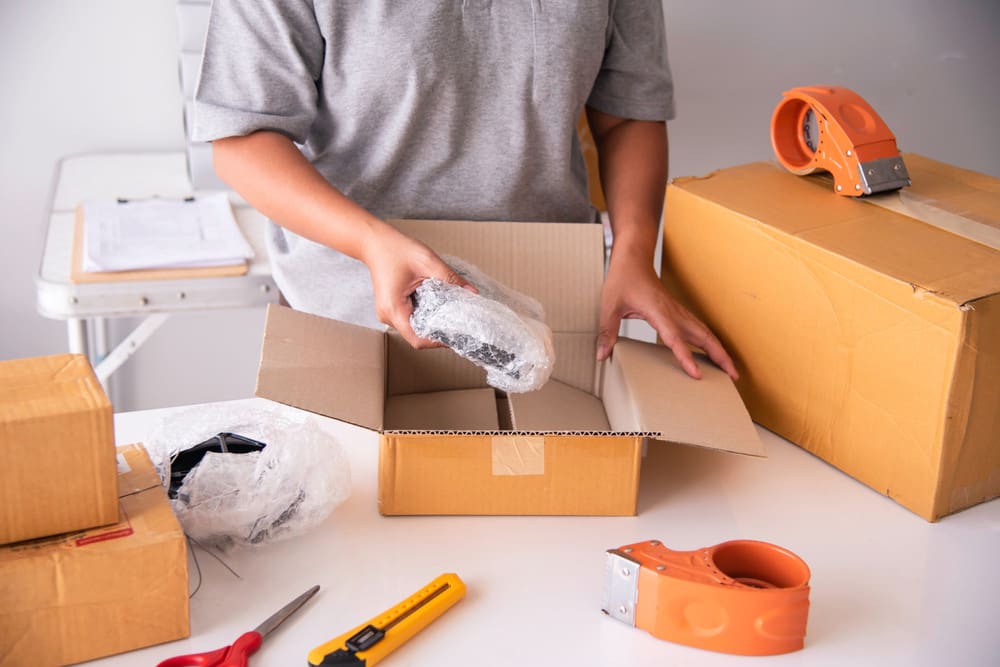The Manufacture, Repair and Overhaul of Aircraft Industry in South Africa – July 2022
Never quit, never give up – fly to the end – Chuck Aaron
The WOW report “The Manufacture, Repair and Overhaul (MRO) of Aircraft Industry in South Africa – July 2022” clearly articulates how the size of the sector is tied to the broader aviation industry including aviation operators and OEMs (Original Equipment Manufacturers). Recent developments in South Africa is forcing the local MRO sector to give it its best.
The significance of the MRO sector in South Africa
The MRO sector is a little obscure in the sense that it is removed from the things consumers and most businesses have frequent interactions with. Besides the commercial flights where it is understood that there is servicing, repair and maintenance – the section that is even more underestimated, is military aviation. In both instances, the volume of work for the Aviation Maintenance Organisations (AMOs) is being affected by the global trend of OEM companies and airlines taking greater control of their aviation maintenance, repair and overhaul business. This makes it difficult to have control over MRO location selection, but at the margin, a significant part of the MRO elements can either be secured or lost to other countries depending on competitiveness.
This is where the performance of MRO operators comes into play. It has not been a success story for South Africa. The WOW report highlights how the two major MRO operators in the country, SAAT (SAA Technical) and Denel struggled in the past few years. SAAT as a subsidiary of SAA got drawn into a business rescue process caused by SAA losing more than half of its aircraft fleet. Unfortunate as it was for SAAT, its woes were self-inflicted through reported mismanagement and astronomical levels of theft and corruption at those organisations. Denel in turn was caught up in the state capture saga in South Africa and was in the public domain for not being able to pay salaries and shady deals.
Benefitting from the Covid-19 pandemic
The South African economy has felt the impact and needs to effectively re-invigorate the South African aviation industry to be in a position to take advantage of its location and capabilities as a natural hub for regional and continental Sub-Saharan aviation. When carriers need to make a decision on the location of MRO operations for their aircraft, reputational issues can be a decisive factor in this highly regulated sector
The opportunities that remain
In the not-so-distant past, South Africa had well-developed facilities and infrastructure in Gauteng with more capacity being developed at other international airports in the country. The country still has extensive engineering and technical capabilities nurtured over a long period, particularly in Gauteng. With the full range of technical capabilities for maintenance in airframes, avionics, engines and components, for both line and heavy maintenance, the country is well-positioned to act as a maintenance hub for the continent.
This industry can create high-value employment and add to the country’s competitiveness. According to the WOW report, the upstream aerospace and defence manufacturing masterplan has “an estimated multiplier of four (excluding downstream jobs created by upstream activities). Thus, in the event of investment being made, direct employment can be created that will increase from current levels by approximately 31%.”
How the sector can remain competitive
With the established track record and competitive skills set, the maintenance services that were provided by SAAT to RwandAir, Air Namibia, Air France, Air Mauritius, Air Madagascar, Trans Air Congo and Arik Air that were lost by 2021 could still be revisited.
The comforting aspect of the MRO sector is that as the Aerospace Industry Support Initiative noted that “new market entrants will take business away from SAA [the airline] but that the industry [MRO] will remain roughly the same size.”
That leaves room for industry players to revive MRO business in South Africa, with the support of all stakeholders including the CAA and government by removing major impediments to doing business in South Africa to claw back some business and compete with Botswana, Mauritius and Ethiopia.
The loss experienced is not irreversible but it needs serious attention. Rebuilding a reputation of reliability and excellence requires genuine effort.
Contact us to access WOW's quality research on African industries and business
Contact UsRelated Articles
BlogCountries ManufacturingSouth Africa
The Flour and Grain milling industry – from field to table
Contents [hide] The flour and grain mill products manufacturing industry is crucial to the South African economy and livelihoods. Staple foods like maize and wheat are essentially a commodity. They...
BlogCountries ManufacturingSouth Africa
FMCG in the era of sustainability: South Africa’s story
Contents [hide] The drivers of FMCG in South Africa As explained in the WOW report on fast moving consumer goods (FMCG) trends in South Africa, FMCG covers all the things...
BlogCountries ManufacturingSouth Africa
The Evolution of South Africa’s Cosmetics Industry: Past Growth and Future Opportunities
Contents [hide] South Africa’s cosmetics industry has grown significantly over the past few decades and evolved from a market once dominated by international brands into a vibrant sector with dynamic local...





